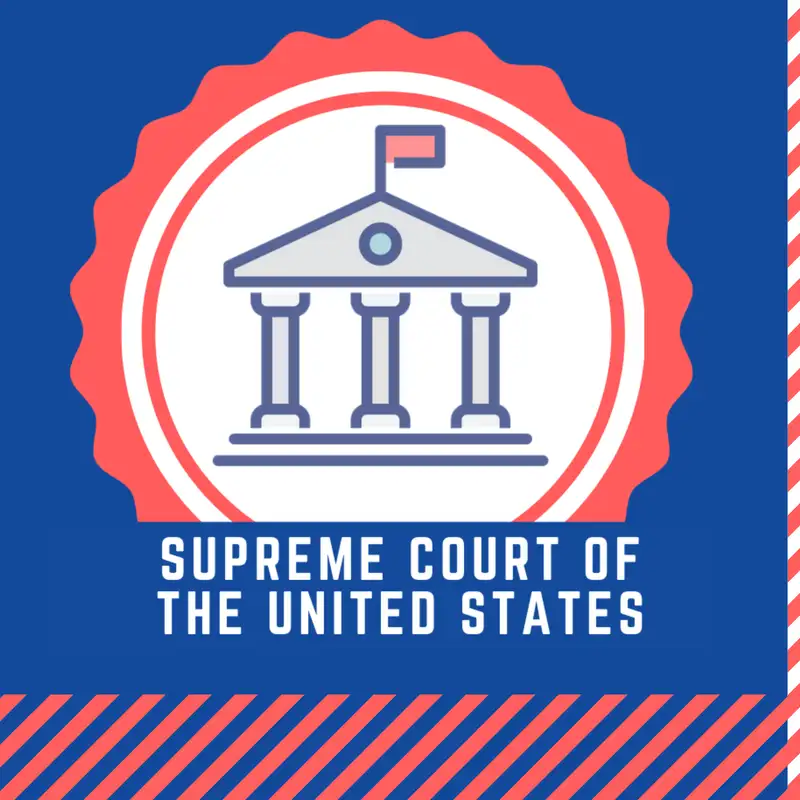Case: 18-1171 Comcast Corp. v. National Ass. of African American-Owned Media (2019-Nov-13)
QUESTION PRESENTED:
Entertainment Studios Networks ("ESN") owns several television networks that it sought to have carried on Comcast's cable system. Comcast and ESN met multiple times to discuss a potential deal, but Comcast ultimately declined to carry ESN's networks. ESN's response was to sue Comcast, claiming that Comcast's decision was based on an outlandish racist conspiracy between Comcast, the NAACP, and other civilrights groups and leaders to disadvantage wholly African American-owned networks in violation of 42U.S.C. § 1981.
The district court dismissed ESN's complaint three times, but the Ninth Circuit reversed. The court first ruled that Section 1981 does not require but-for causation, thereby exacerbating a conflict with the decisions of five other courts of appeals. It then held that ESN's claim was plausible despite the alternative explanations for Comcast's conduct on the face of the complaint, and the complaint's failure to allege facts showing that the other companies with which Comcast contracted were similarly situated to ESN.
The questions presented are:
- Does a claim of race discrimination under 42 U.S.C. § 1981 fail in the absence of but-for causation?
- Can a plaintiff state a plausible claim for relief if the complaint does not allege facts tending to exclude obvious alternative explanations for the challenged conduct and does not allege facts to support all elements of the claim?
Argument Transcript: https://www.supremecourt.gov/oral_arguments/argument_transcripts/2019/18-1171_ljgm.pdf
